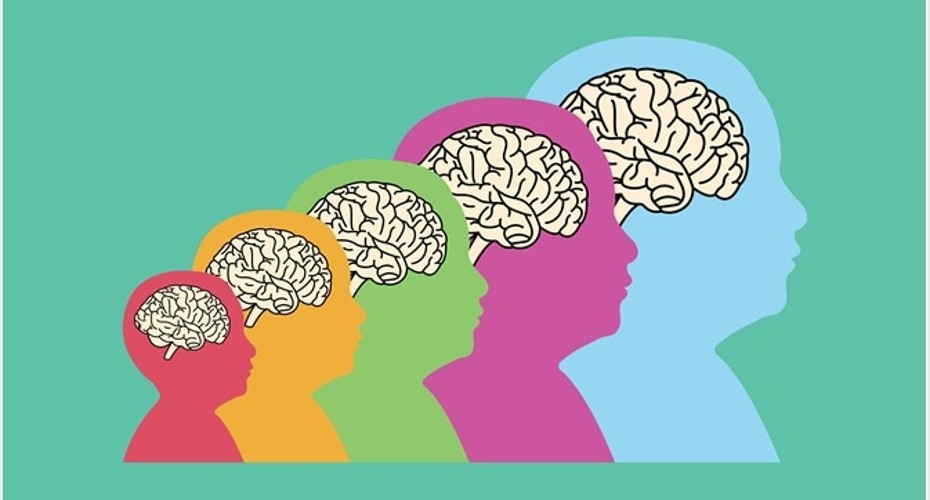Neurodevelopment
Neurodevelopment
We have strong expertise at the University of Exeter to study the processes that generate, shape, and reshape nervous system of animals from early stages of embryonic development to adulthood. In particular we are interested in both fundamental and translationally-relevant molecular and cellular mechanisms that influence proper functioning of the mature brain and how they can go awry in neurodevelopmental and neuropsychiatric diseases. We study diverse systems including mouse, human, zebrafish and marine zooplanktons and are supported by state-of-art aquatic resource centerand genomics facilities.
Areas of research:
-
Early life stress mechanisms and psychiatric disease susceptibility: Early life stress exposure is one of the strongest risk factors for developing adult psychiatric disease. Prof Ryu’s group studies the molecular and cellular effects of early life stress exposure using zebrafish. Using sophisticated genetic and optogenetic tools to alter stress level during development, the group strives to establish mechanistic link between early life stress exposure and physiological and behavioural changes in adulthood. The group also uses the early life stress manipulation to develop, characterize and screen novel animal models of psychiatric diseases.
-
Neuroepigenetics and genomics of human brain development: The precise temporal regulation of transcriptional processes is necessary for the correct development of structural and functional complexity in the brain. Prof Mill’s complex epigenetics group is undertaking a series of studies to systematically examine epigenomic and transcriptomic trajectories across the life course, looking at genomic regulation from fetal development to old age. Prof Mill’s group has strong expertise ingenomic analyses ofneurodevelopmental disorders, dementia and neuropsychiatric diseases.
-
Epigenetic mechanisms that underlie ataxia, developmental delay, autism, intellectual disability and executive dysfunction: Prof Albert Basson's group aims to understand how chromatin remodelling factors control brain development and function and how mutation of these factors cause neurodevelopmental disorders.
-
Molecules, cells and circuits of neurodevelopmental disorder: Dr Oguro-Ando's group uses high-throughput rodent modelling methods and experimental validation to study how genetic risk factors mechanistically influence human behaviour. They also use genome-editing and novel microscopy techniques to explore psychiatric disease-related gene function in neuronal models, to understand the combined genetic and environmental factors, and to identify the biological mechanisms of abnormal brain development.
-
Mechanism of cell communication by chemical signalling: An essential component for tissue development, regeneration and stem cell regulation is the communication of cells by chemical signaling. Prof Schlopp’s group uses the zebrafish embryo to investigate how intercellular Wnt protein transport is regulated and how signals are subsequently delivered to the target cell in a living vertebrate organism.
- Gene expression dynamic across development and in psychiatric diseases: Dr Nicholas Clifton’s research focuses on studying gene expression patterns of biological pathways associated with psychiatric disorders. His group uses cell-specific RNA sequencing and ribosomal profiling approaches to track expression dynamics across development and apply these data to questions about genetic risk with bioinformatics.
- The Impact of Preterm Birth on Neonatal Sleep Ontogenesis and Its Implications on Childhood Neurodevelopment: Dr Ravi Poorun’s research involves working with clinical teams at the Royal Devon University Healthcare NHS Foundation Trust and mathematicians at the Living Systems Institute, to provide insight into the functional integrity of the neonatal brain. The aim of his studies is to elucidate whether deviations from the biologically pre-programmed process of sleep development during the neonatal period influence the neurodevelopmental outcomes of children.
Meet the team
| Name | Role |
|---|---|
| Professor Soojin Ryu | Mireille Gillings Professor of Neurobiology |
| Professor Jonathan Mill | Professor of Epigenomics |
| Professor Albert Basson | Professor of Neuroscience and Epigenetics |
| Professor Steffen Scholpp | Associate Professor of Cell and Developmental Biology |
| Dr Nicholas Clifton | Senior Research Fellow |
| Dr Ravi Poorun | NIHR Clinical Lecturer in Paediatrics |
| Dr Asami Oguro-Ando | Lecturer |

